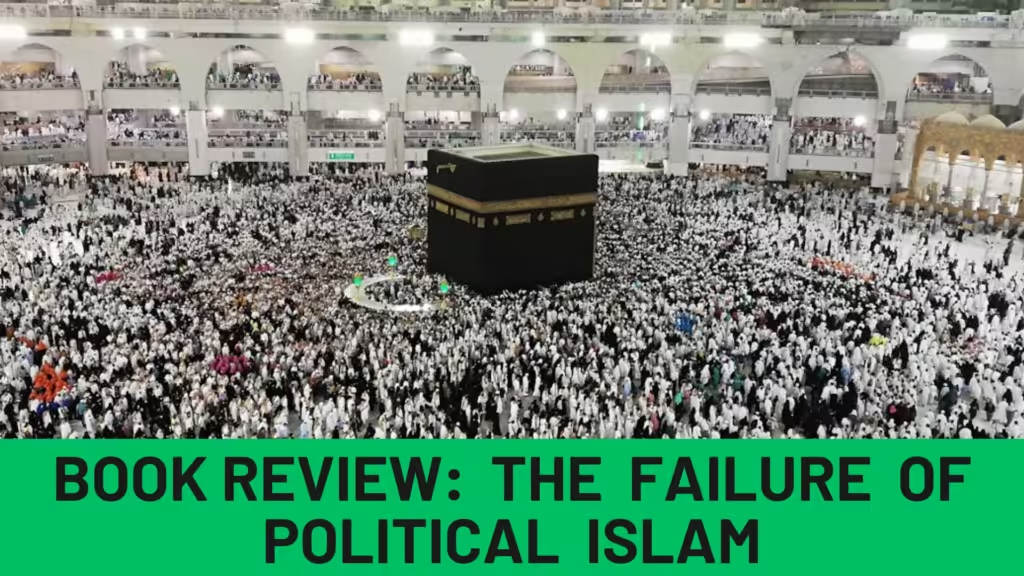DGP Full Form in Police is Director-General of Police. A DGP is the highest-ranking police official of a State or a Union Territory of India. A DGP is usually the head of the Police in a State or a Union Territory and is directly appointed by the Cabinet of the State, or by the Home Ministry of the Union (in the case of the Union Territory). This article discusses what is DGP Full Form in Police and what are its duties, salaries and allowances.

What is DGP Full Form in Police?
DGP Full Form in Police, as already mentioned, is Director-General of Police. A DGP is an Indian Police Service (IPS) officer, who heads the police department of a State or a Union Territory. The DGP is a three-star police official and is the highest rank an IPS officer can hold.
An officer with a DGP rank also serves as an officer in Police organisations Such as the Central Bureau of Investigation, Director-General of Central Reserved Police Force (CRPF), Criminal Investigation Department (CID) of various States, Director of Sardar Vallabhbhai Patel National Police Academy (SVPNPA). Director General of Prisons, Director of Vigilance and Anti-Corruption Bureau, and Director General of Fire Forces and Civil Defense.
Also Read:
A DGP is the Police Officer upon whom the ultimate responsibility of law and order of the State or Union Territory rests. A DGP is assisted by various Additional Director General of Police (ADGP), who are also a three-star IPS Officer and are considered of the as same stature as a DGP. An ADGP usually assists the DGP by heading a particular zone of the State. Thus there can be many ADGPs in a State who assist a DGP
There is no direct recruitment for the post of DGP. An IPS Officer reaches the top post through promotion. To become an IPS Officer, one needs to clear the Civil Service Exam conducted by the Union Public Service Commission (UPSC). The same exam recruits people for the Indian Administrative Service (IAS) and Indian Forest Service (IFS).
The Civil Service Exam conducted by UPSC is one of the most sought-after exams in India. Hence, DGP Full Form in Police is one of the most asked questions about the police.
DGP Full Form, Salary and Allowances.
The DGP Full Form in Police, as you already know, is Director-General of Police. A DGP, like all IPS officers, receive their salary as per the Pay Commissions. The salary increases as the rank increases from Assistant Superintendent of Police (ASP) to the DGP. The basic salary with which a person starts his/her IPS journey, with the post of ASP, is around ₹ 56,000 a month. However, the DGP, which is the highest-ranking official in the Police Hierarchy, receives up to ₹ 2,25,000 a month. However, this salary is less than the top IAS officer, who can receive up to ₹ 2,50,000 a month.
The DGP also gets daily allowances for travel, dearness allowances, a government bungalow, Government vehicles and much more.
The Police Act of 1861 has given the Administrative Powers and ultimate responsibility of the Police Department to the DGP. The Act, however, had earlier vested complete authority over the Police upon the Inspector-General of Police or IG.
DGP Full Form in Police and Facts about DGP
- DGP Full Form in Police is Director-General of Police
- A DGP is the head of the police of a Province or a Union Territory and is ultimately responsible for the law and order, safety and well-being of the people of the State or the UT.
- The DGP is directly appointed by the Cabinet of the Government of the State or by the Home Ministry of the Union Government
- A DGP has the power and responsibility to keep a check on the functioning of the Police Department of the State
- DGP is also responsible for the mishaps conducted by the police
- DGP is responsible for the maintenance of Discipline in the police officers throughout the State.
- DGP receives a salary up to 2,25,000 a month.
- It is the duty of DGP of CID of the State or UT to reduce crime in the State or UT
- A DGP officer in any Central Police Agency (such as CRPF, CBI etc.) has to perform his duties as per the guidelines of the Ministry concerned.
- The DGP is also responsible for the safety of the people serving the highest political offices such as the Chief Minister, Home Minister, MLAs, MPs etc.




